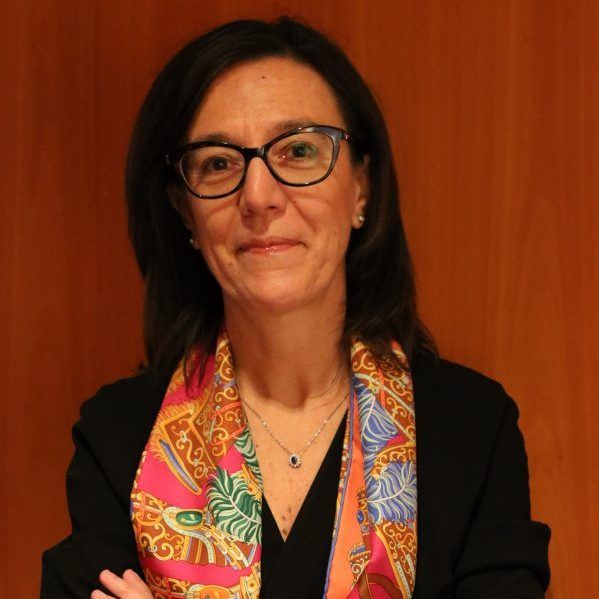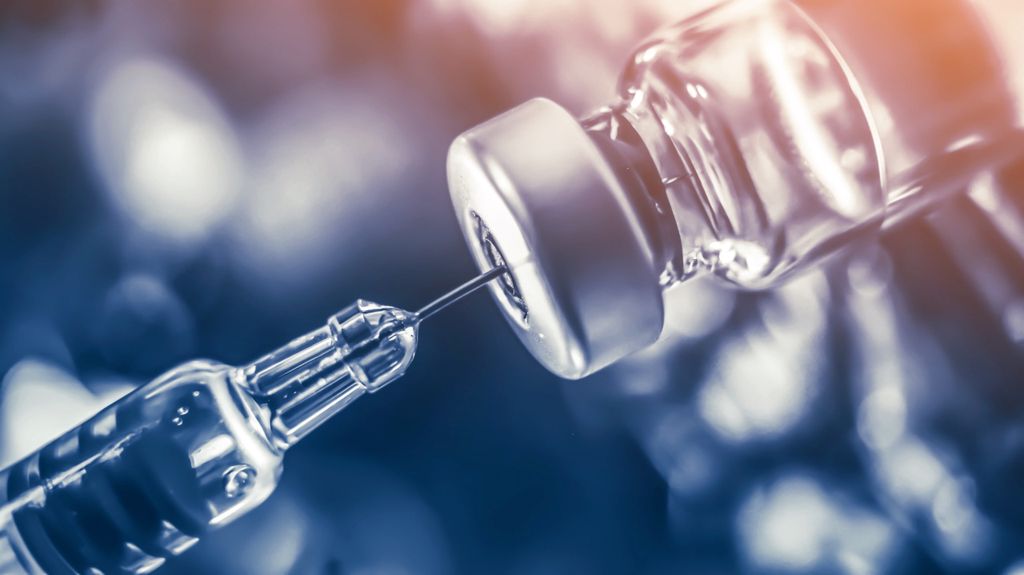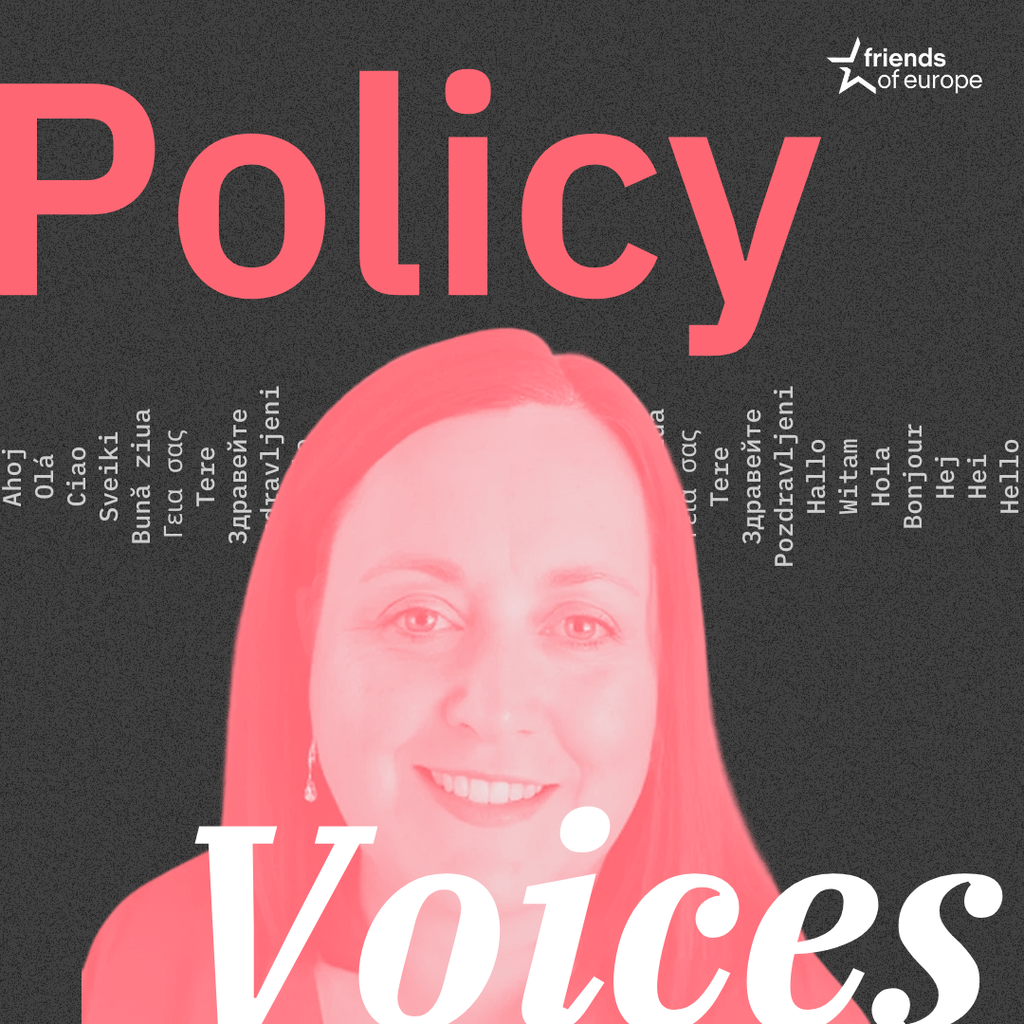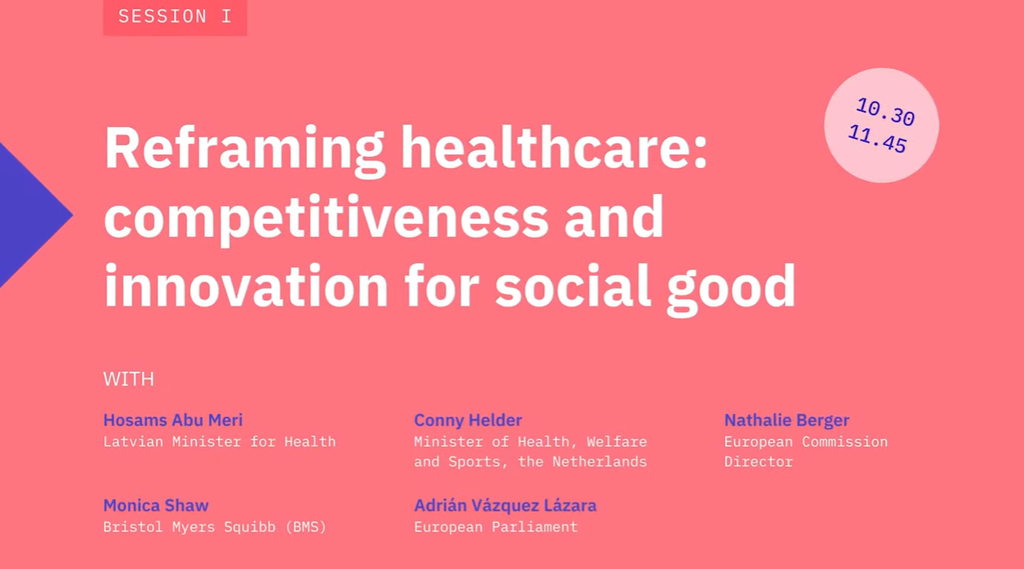Europe's moment: advancing clinical research and health innovation
Next event In person & online

- Area of Expertise
- Sustainable Livelihoods
Sustainable Livelihoods

Director of the European Cancer Patient Coalition (ECPC)
Cancer represents the leading cause of death in an increasing number of European countries. In 2016, 1.3 million people died from cancer in the then EU-28, equal to more than one quarter (26%) of the total number of deaths. 40% of us will face cancer in our lives and all of us have a family member or a close friend who has had cancer.
This in itself is reason enough to consider cancer as the number one health priority, rather than just one of the many health priorities of the EU. In her Presidency pre-election speech, President of the European Commission Ursula Von der Leyen committed herself to a European plan to fight cancer, aimed at supporting member states in improving cancer control and care.
Several tools have been concerted and set up by the EU institutions, ranging from the Cancer Mission, to Europe’s Beating Cancer Plan and the Parliamentary Intergroup on Cancer. This effort clearly acknowledges that beating cancer will require a transversal and multisectoral health-in-all-policies approach. Indeed, this is the only viable approach, and one that must be applied at all stages, from primary to secondary prevention, to access of care, to supporting survivors.
Early diagnosis dramatically increases survival rates
Research, prevention, diagnosis, treatment, survivorship issues and palliative care are all pieces of the same puzzle. Stella Kyriakides, Commissioner for Health and Food Safety, is very well aligned on this concept and her consultation process is off to a good start, with many stakeholders in the field offering their input.
It is worth reminding that almost half of all cancer deaths are preventable. While the European Commission is committed to placing prevention at the heart of EU public health policy, the challenge lies in getting member states to invest more in prevention. The EU Beating Cancer Plan should find ways to incentivise member states to adopt and implement the European Code against Cancer recommendations. It should also monitor the implementation of all existing measures, such as those on tobacco control.
Early diagnosis dramatically increases survival rates. Significant progress has been made in all EU member states since the adoption of the 2003 Council Recommendation on cancer screening, however a lot remains to be done. Standards and incentives should be set up to achieve equal levels of vaccination coverage for HPV and hepatitis B for all genders. More extensive legislation to counter carcinogenic exposure in the workplace should be introduced, including non-melanoma skin cancer caused by solar ultraviolet radiation (UVR).
Comprehensive Cancer Care Networks (CCCNs) should also be encouraged and supported
Further challenges include the need to improve access to population-based cancer screening by encouraging member states to apply for EU funding, in particular cohesion and reform funds. More research on early detection for rare cancers, including pancreatic cancer and neglected cancers, is also needed, as is research that would generate robust evidence with regard to cancer prevention and health promotion. Here, working with sectors outside health, such as those of the environment, education, taxation, agriculture and research, is fundamental.
Comprehensive Cancer Care Networks (CCCNs) should also be encouraged and supported, as they ensure cost-effective cancer control with interconnected cancer centres, more equitable improvements in outcomes and translational research, which links research with clinical practice. To support CCCNs, adequate funds must be allocated from the European Social Funds (ESF) and European Development Funds (ERDF).
A legal framework for more effective rare cancer patient coverage through CCCNs could be modelled on the European Reference Networks (ERNs), especially in cross-border and interregional care. The existing cross-border healthcare directive and related legislation provide a good basis. ERNs should be integrated into national healthcare systems and ensure their long-term sustainability, based on the Joint Action on Rare Cancer (JARC) recommendations.
Increased use of artificial intelligence through teleconsultation and e-health should also happen to ensure equal rare cancer patient coverage in rural and underserved areas, or in prevention and early diagnosis. The European Health Data Space will help in promoting data exchange and support research on new preventative strategies. Of course, this will present the challenge of protection of personal data, which can only be solved with the right balance between protecting privacy and making a good use of data.
EU patients, no matter where they live, must have the same right to access the best high-quality treatments to overcome cancer
Health Technology Assessment (HTA) regulations should be revised and made more homogeneous across Europe in order to speed-up reimbursement decisions on innovative treatments and allow access to the same best treatments at the same time in all EU member states.
Today, about half of patients diagnosed with cancer will survive for 10 years or more. Survivorship implies facing issues that go beyond cancer as a health condition. Multi-morbidities will need to be addressed. Thus, a new multidisciplinary integrative model that includes cancer rehabilitation – sexual, psychological, cognitive, nutritional as well as physical – should be considered. Cancer survivors and carers should be supported to return to work, access flexible work arrangements and enjoy the right to be forgotten, in line with the rights set forth in the European Pillar of Social Rights.
EU patients, no matter where they live, must have the same right to access the best high-quality treatments to overcome cancer. Given the threats posed by COVID-19 – to which the EU has found itself exposed with absolutely no preparation – new questions must be answered on the EU’s role in health policy. In this regard, the EU Beating Cancer Plan, too, will most likely have to find a new basis to build upon. Better coordination between and within member states will be essential and the Charter of Fundamental Rights and European Pillar of Social Rights are key in this context. In the EU, access to healthcare is a fundamental right – not a privilege.
Next event In person & online

Past event In person & livestreamed

Past event In person

Past event In person & livestreamed





Stay informed
We use cookies and similar technologies to adjust your preferences, analyze traffic and measure the effectiveness of our campaigns. Learn more about our privacy policy.